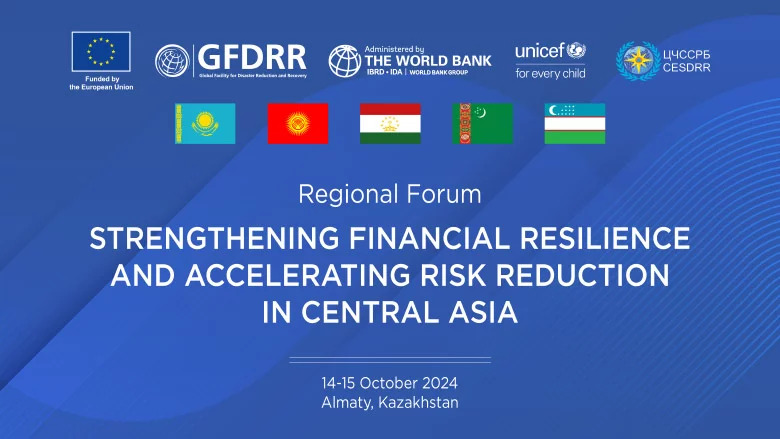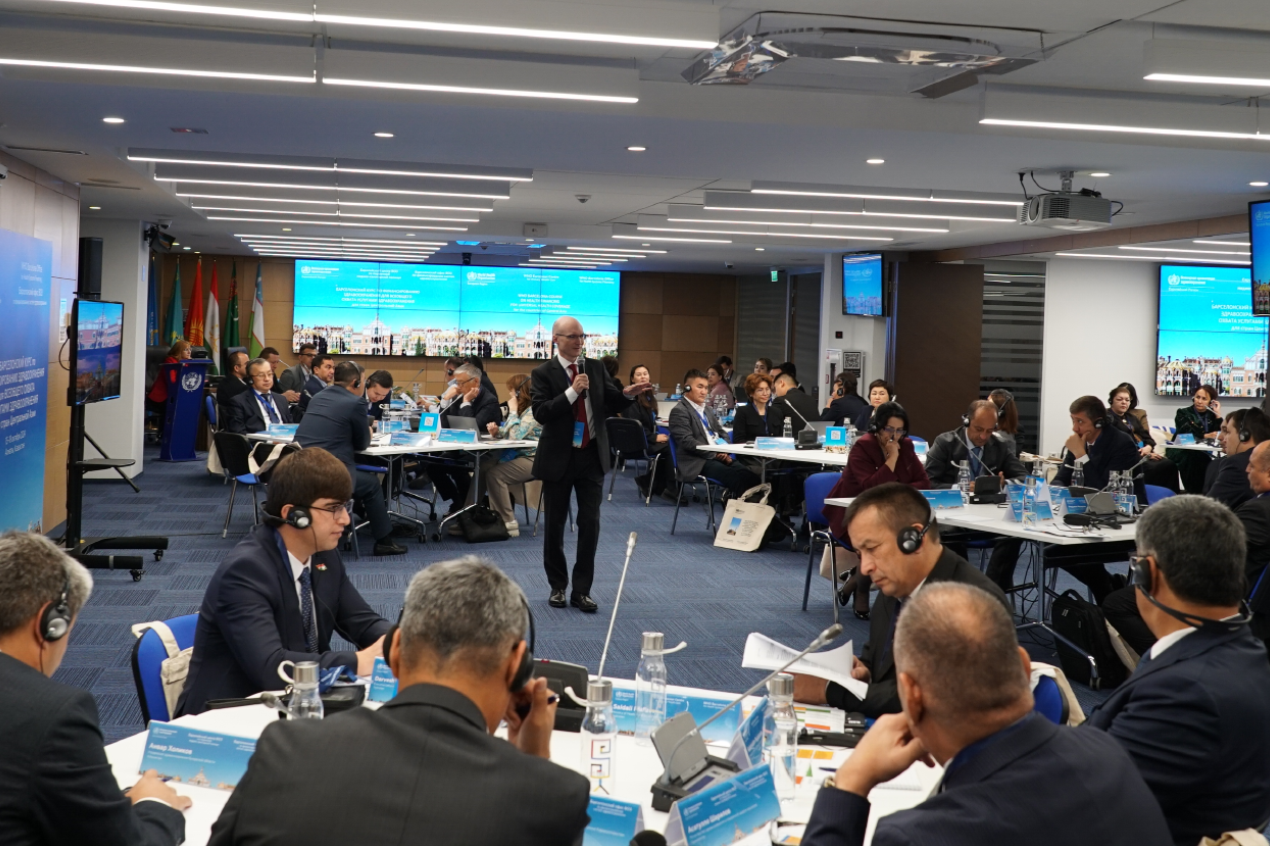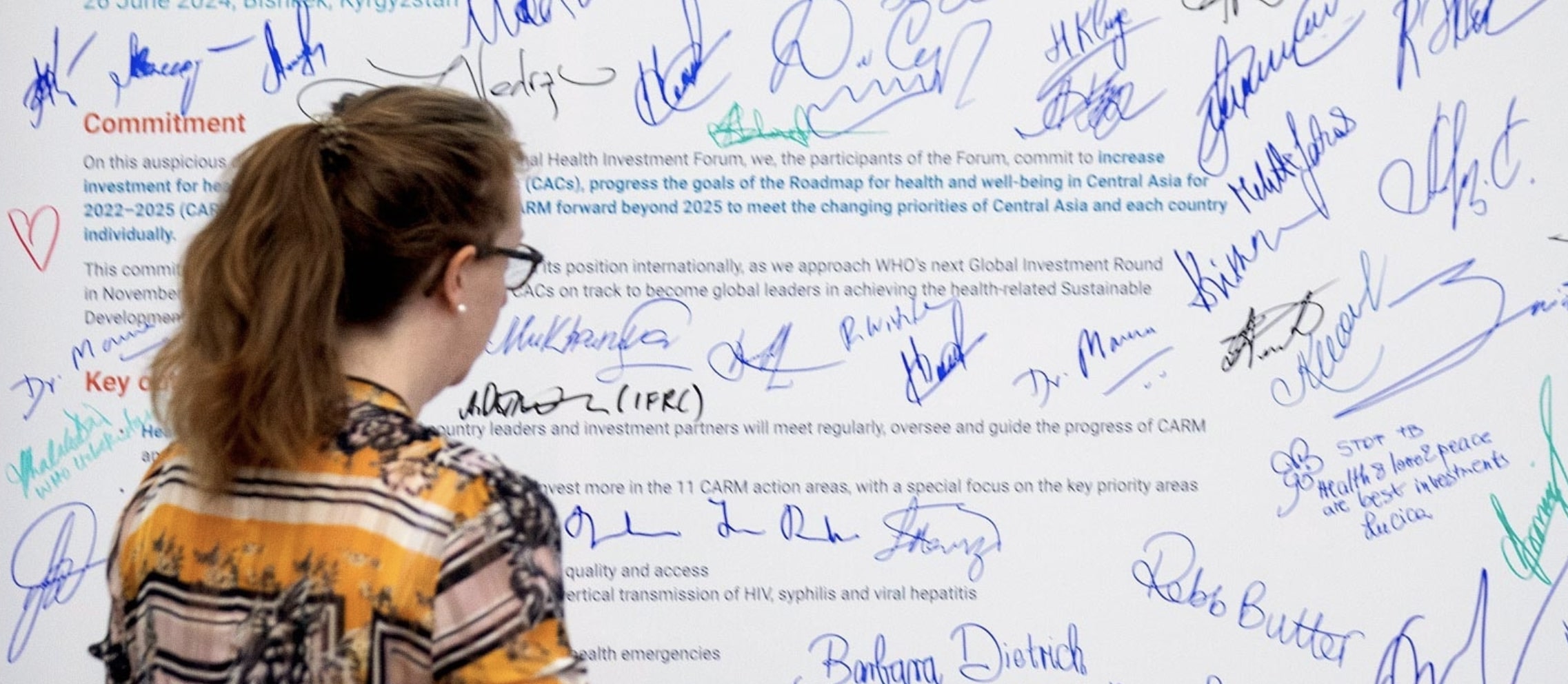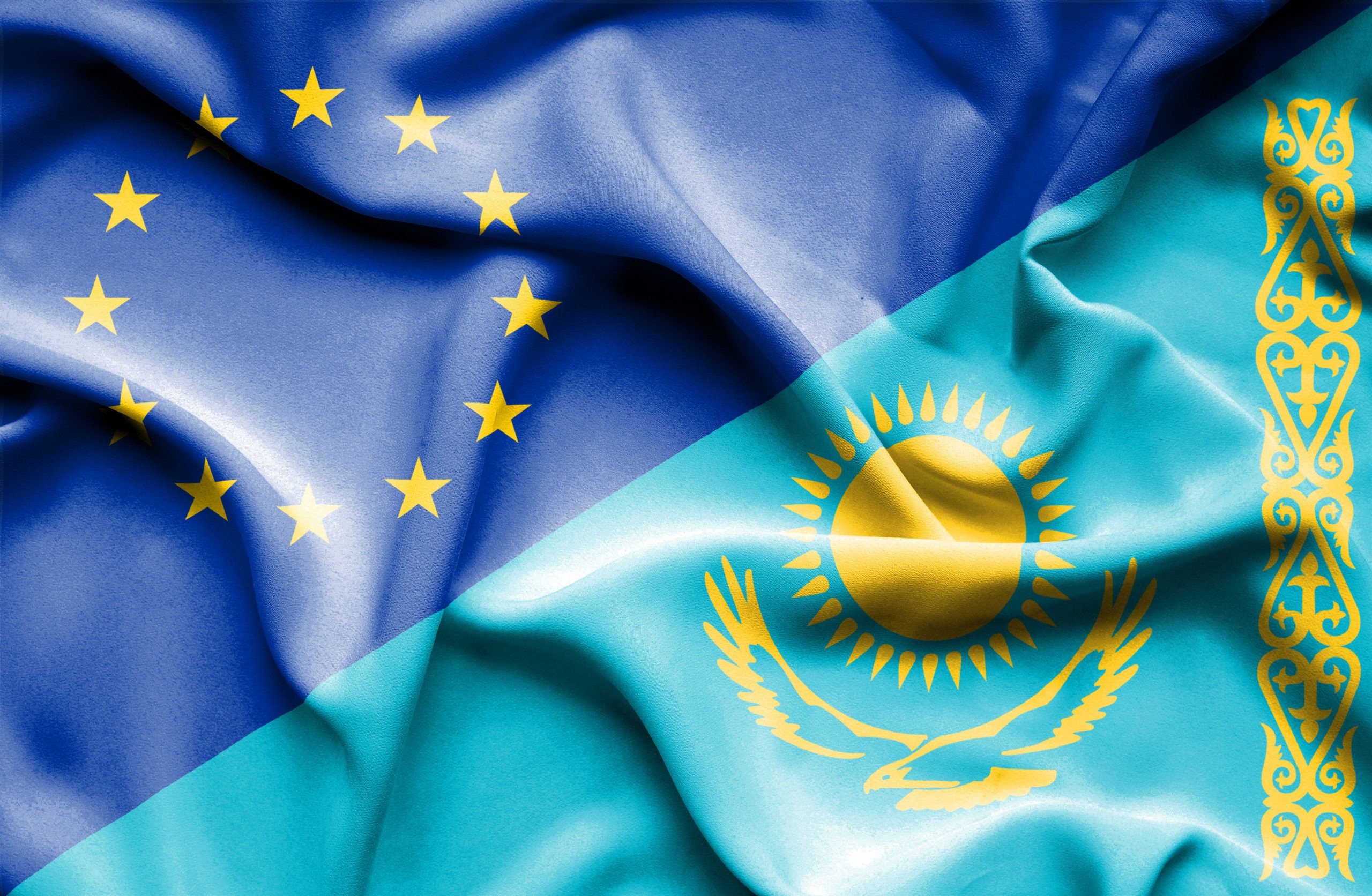Five Central Asian countries – Kazakhstan, Kyrgyz Republic, Tajikistan, Turkmenistan, and Uzbekistan – participated in a Regional Forum on Strengthening Financial Resilience and Accelerating Risk Reduction (SFRARR) in Central Asia, held in Almaty on October 14-15, 2024. The forum underscored the significant achievements of the EU-funded SFRARR Program and highlighted the path forward for disaster risk management and adaptive social protection (ASP) in Central Asia.
The “Strengthening Financial Resilience and Accelerating Risk Reduction in Central Asia” program (SFRARR) – funded by the European Union (EU) and implemented by the Global Facility for Disaster Reduction and Recovery (GFDRR) and the World Bank – hosted its final regional forum. The event marked the conclusion of a five-year effort to enhance Central Asia’s resilience to climate change and natural hazards, showcasing the program’s achievements and impact across the region. Beyond the implementing partners, the Forum was co-organized together with UNICEF and with support from the Almaty-based Centre for Emergency Situations and Disaster Risk Reduction (CESDRR).
In its press-release, the World Bank reported:
Since its launch in 2019, the SFRARR program — implemented in partnership between the EU, GFDRR, the World Bank, and in close collaboration with the Almaty-based office of CESDRR — aimed to scale-up social protection systems, improve financial resilience and risk-informed investment planning towards building disaster and climate resilience in Central Asia. …The program also supported the development of disaster risk financing solutions, enabling countries to better manage the financial and fiscal impacts of disasters, including mechanisms so that governments can respond quickly to disasters without straining national budgets.
Ms. Indu John Abraham, Operations Manager for Central Asia, World Bank, noted:
“A major outcome of the EU-funded Strengthening Financial Resilience and Accelerating Risk Reduction in Central Asia Program has been the development of a regional database on natural hazards, along with detailed data on exposure and vulnerability. This information is critical for evidence-based disaster preparedness and planning, ensuring that communities are better equipped to respond to future risks,”
H.E. Ms. Aleška Simkić, Ambassador of the European Union to Kazakhstan, said:
“European Union participates in this regional forum to manifest our shared commitment to strengthening disaster risk management and preparedness in the region. Europe and Central Asia are among the regions expected to bear the most acute effects of climate change. EU will continue promoting regional cooperation, supporting climate change mitigation and adaptation, fostering sustainable growth, while advancing gender equality, human rights, as well as opportunities for youth and marginalized groups. The “Strengthening Financial Resilience and Accelerating Risk Reduction in Central Asia” Program (SFRARR) exemplifies this collaborative effort. It can contribute to helping Central Asia to mitigate the challenges resulting from climate change.”
The forum’s target audience included representatives from government agencies responsible for national disaster management, health, social protection, finance, and insurance, as well as research institutions, academia, international organizations, and development partners.






